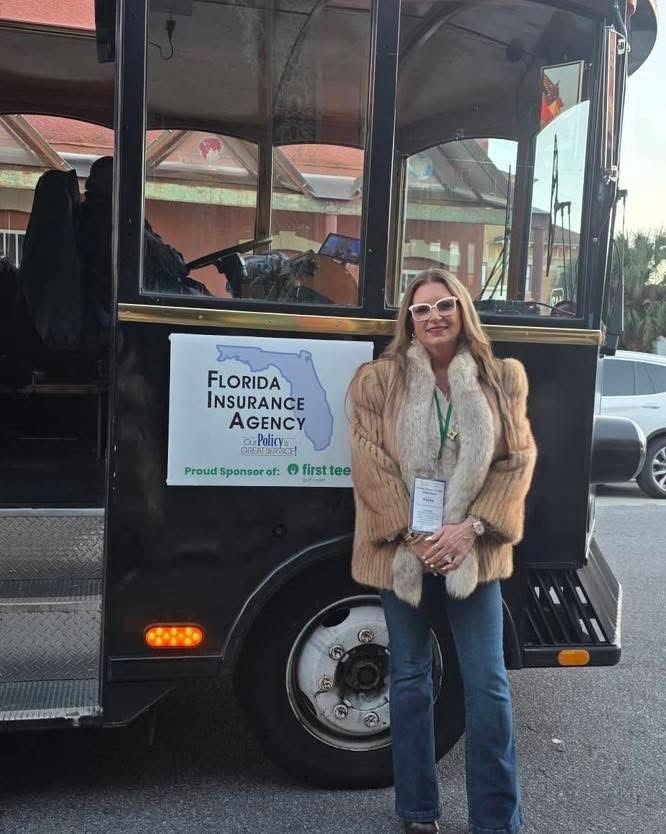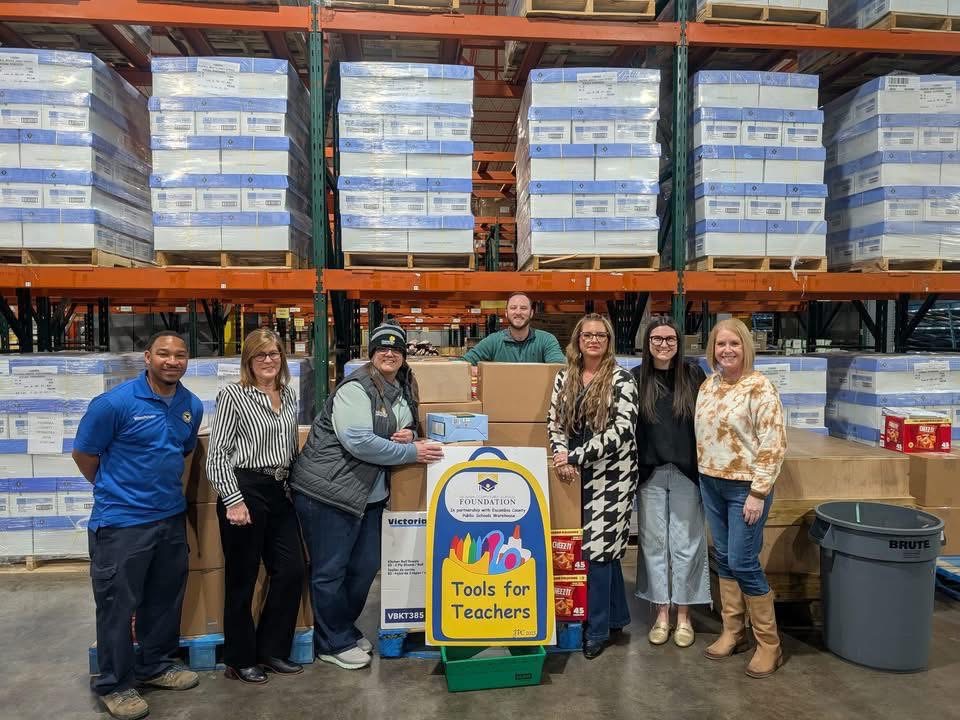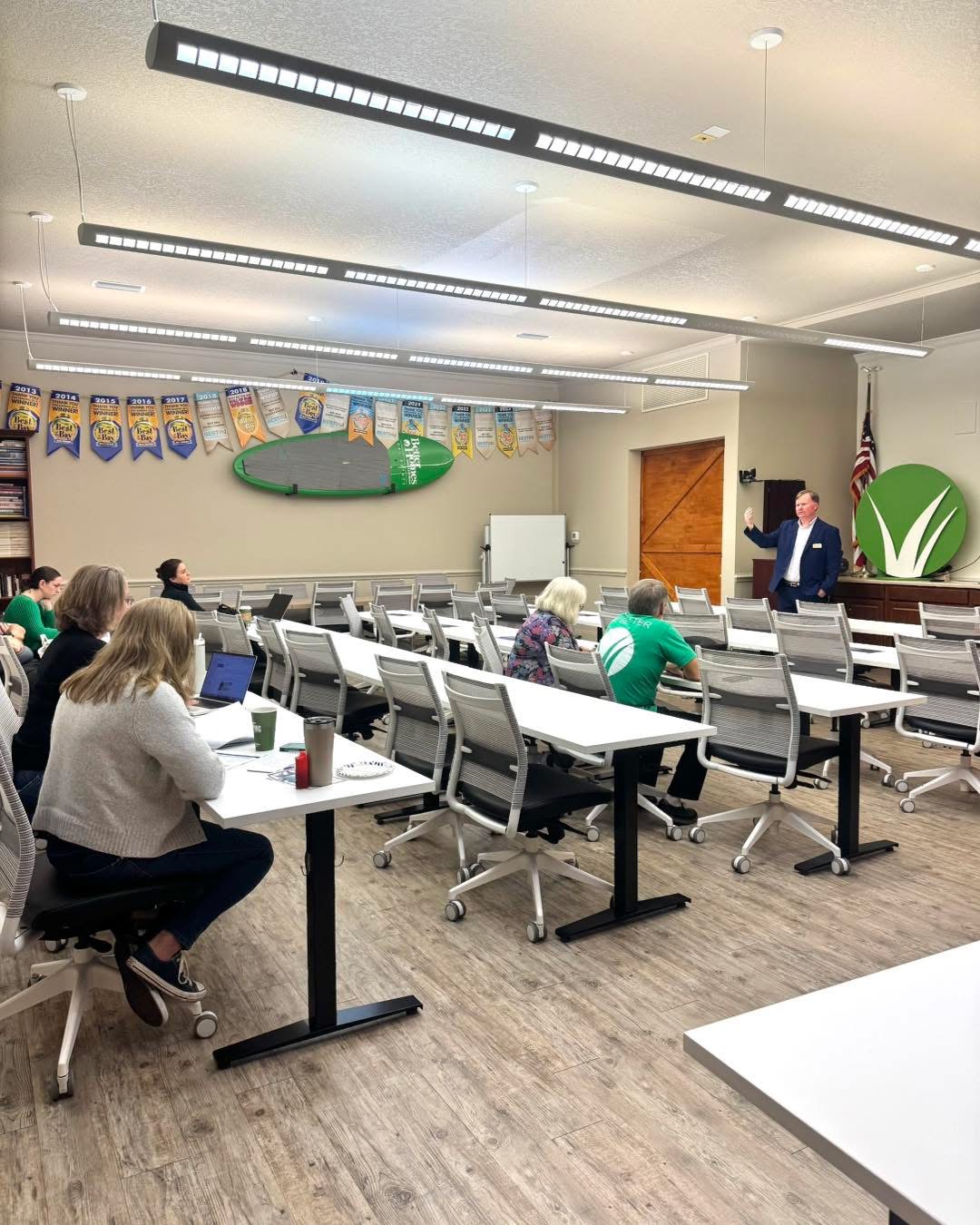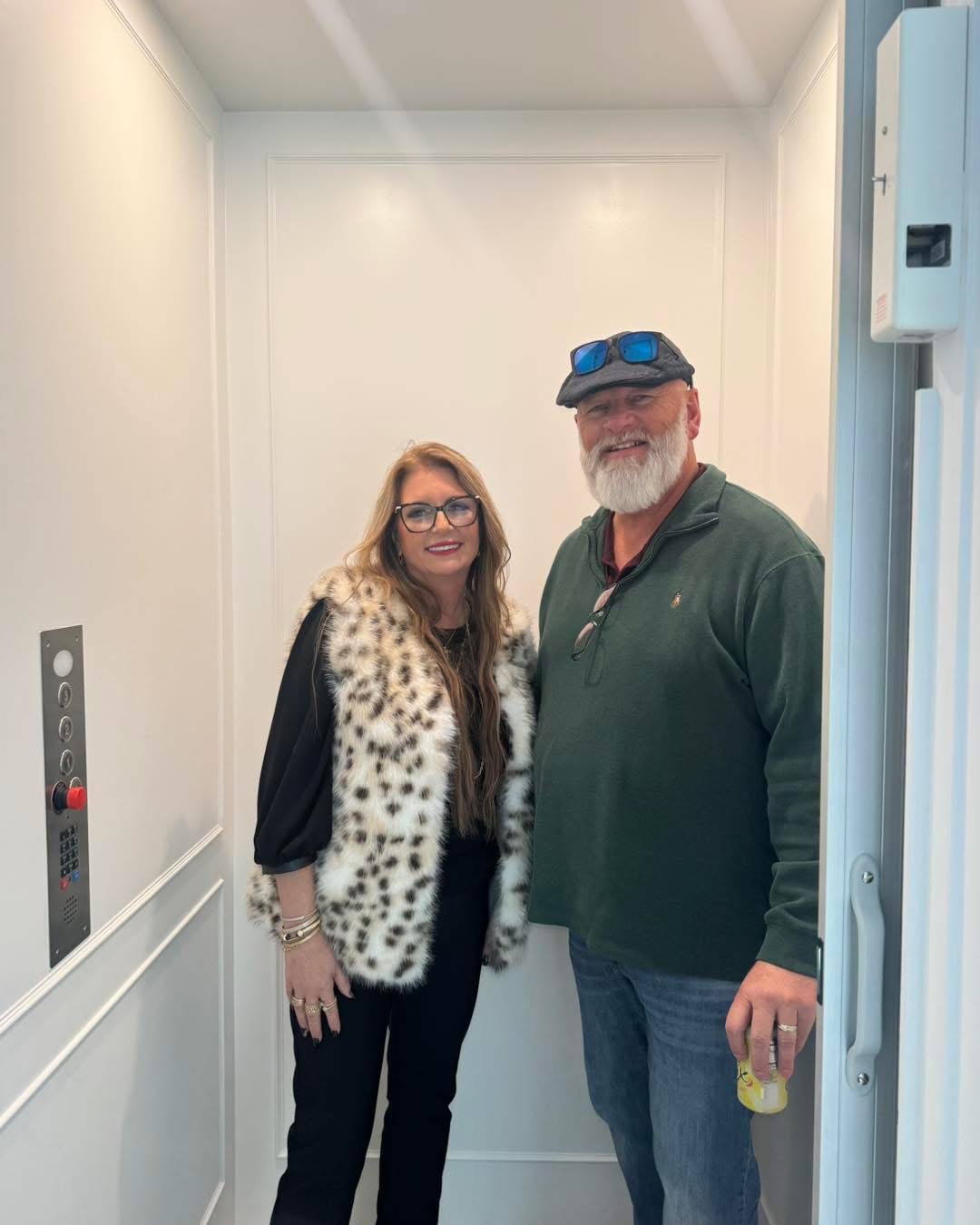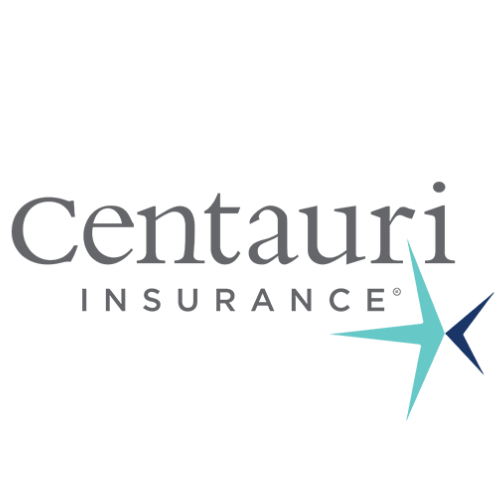Damage to your home can happen anytime. When it does, you want fast, personal and professional service to protect and restore your most valuable asset.
Sudden Water Damage?
Citizens has two programs that may be available to help you on the road to recovery when your home has water damage caused by accidental discharge or an overflow of water or steam from plumbing, heating, air conditioning, automatic fire-protective sprinkler systems or household appliances. Depending on the situation, you may be eligible to take advantage of one or both programs. Your Citizens representative will be here to answer your questions and guide you through the process, from start to finish. Note: Examples that are provided do not guarantee coverage for situations that are described.
Citizens’ Managed Repair Program
The Citizens Managed Repair Program offers services to qualified customers to return their home to its pre-loss condition if their property has suffered damage due to water not related to weather.
Free Emergency Water Removal Services Program
Swift action to protect your home from further damage is crucial following a water loss. Citizens offers free water removal and drying services following eligible water losses. Emergency Water Removal Services provide water remediation to protect a policyholder’s home from further damage from a water loss not caused by weather. Contact Citizens First to report your claim and take any necessary steps to stop an active leak. We quickly determine whether this valuable service is available for your loss, and if you participate in this program, your policy deductible does not apply for this completely free service.
Managed Repair Contractor Network Program
Contractor Connection has a network of approved contractors who can handle permanent repairs for covered damage to your home. You work with local contractors who are vetted, licensed and insured. Any approved work is guaranteed with a workmanship warranty by the approved contractor for five years once all repairs are complete. Your policy deductible applies for the covered permanent repairs.
Steps to Filing a Water Damage Claim with Citizens
- First Notice of Loss
You notice water on the floor in front of the refrigerator due to a broken water line in the wall. After shutting off the water to stop the active leak, you Contact Citizens First to report your claim either by submitting it via myPolicy on Citizens’ website or by calling Citizens. The free emergency water removal services program information will be provided during the process.
If you choose to participate in the program, Citizens immediately contacts the mitigation vendor to request service. Within one hour of reporting your claim, the mitigation contractor contacts you to arrange dry-out services. If you choose not to participate in the program and use your own mitigation contractor, your claim is subject to a $3,000 limit for water mitigation services, less any applicable deductible.
- Emergency Water Removal Services
After calling to report your claim and accepting our offer of free water removal services, your mitigation contractor will schedule a time with you to arrive on-site to begin dry-out services. The dry-out process may take several days depending on the severity of damage. If you have accepted our offer to use this service and it is subsequently determined that the loss is not covered, you are not responsible for payment of the mitigation services.
If you have not reported your claim to Citizens already, do so immediately to ensure that you comply with policy requirements. Citizens will arrange to have an adjuster come out and inspect the damage to determine the cause of loss.
Using your own mitigation contractor? Coverage for reasonable emergency measures taken in response to a covered water loss is limited to a maximum of $3,000, less any applicable deductible.
- Inspection
After the dry-out is complete, a Citizens adjuster will inspect your property and determine the cause of loss. In this example, your loss is covered and the adjuster writes a repair estimate for permanent repairs. The estimate for repairs will be reviewed with you before work begins.
Even if you used your own mitigation contractor, your policy requires you to notify Citizens of the loss and allow a Citizens adjuster to inspect your property before repairs begin to determine the cause of loss and extent of covered damage. Your claim for water mitigation for a covered loss is limited to $3,000 after any applicable deductible. The amount paid for mitigation, up to $3,000, also reduces the amount of money available within the total $10,000 limit for the water loss. Should your loss not be covered and you have used your own mitigation contractor, your costs are not reimbursed.
- Managed Repair Contractor Network
While discussing the estimate for repairs, your Citizens adjuster lets you know about the Managed Repair Contractor Network Program. Having repairs made through the Contractor Connection network connects you with local contractors who provide a five-year workmanship warranty on covered repairs. If you choose to participate in the program, you must sign a repair contract with a local Contractor Connection contractor and pay them your policy deductible.
Even if you used your own mitigation contractor, you may be eligible for repairs through the contractor network. Ask your adjuster for details.
If you choose not to participate in the Managed Repair Contractor Network Program and hire your own contractor, your claim is subject to a $10,000 limit for permanent repairs, which includes any amount paid by Citizens for reasonable emergency measures if you also declined Citizens’ offer of free emergency water removal services.
- During Repairs
As work begins on the repairs, your adjuster will reach out to you to monitor progress and answer any questions you might have. They will work with you to set up a regular update call to ensure all repairs are progressing and meeting your expectations.
- Completion and Satisfaction
Once repairs are complete, you should ask your contractor to walk through everything with you to make sure everything has been completed to your satisfaction. Your contractor will ask you to sign a Certificate of Satisfaction. The contractor also should provide you information about the warranty for covered permanent repairs as well as contact information.
Once the contractor submits the signed Certificate of Satisfaction, we will issue a check payable to you and your contractor. You will receive a closing letter from Citizens in the mail to confirm the final process.
- Final Survey
Citizens will reach out after the entire process is complete to gather feedback and answer any questions you might have.
Need to report a claim?
Contact Citizens First
Report it online via myPolicy at www.citizensfla.com/mypolicy 24 hours a day, seven days a week or call (866) 411-2742!
Original source: Citizens Property Insurance Corporation
